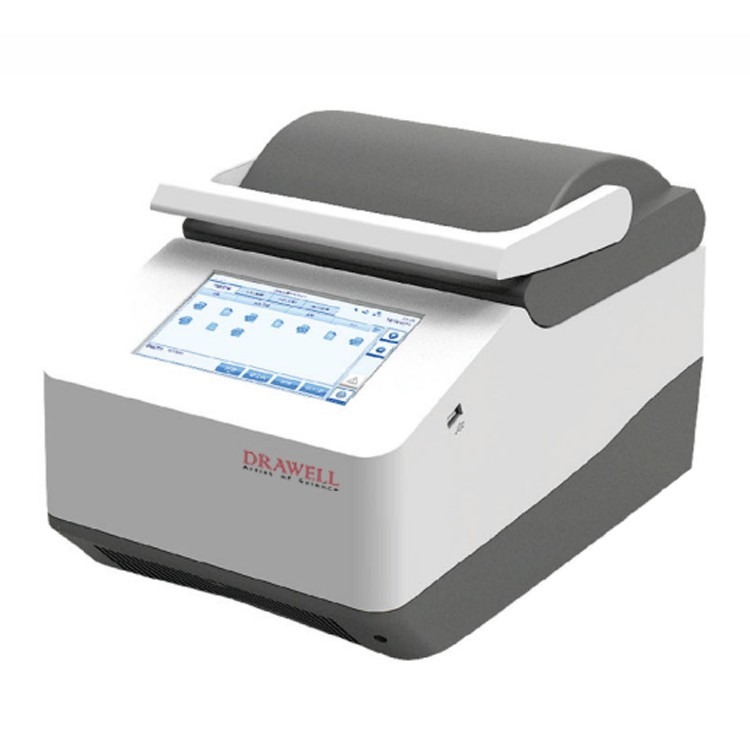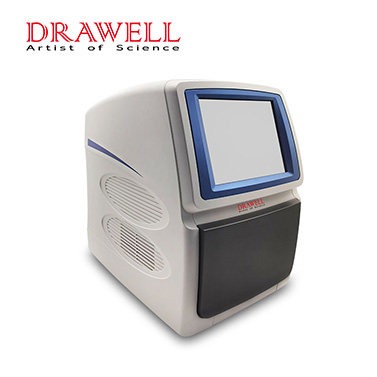The polymerase chain reaction (PCR) has become an indispensable instrument for academics and scientists worldwide. Polymerase chain reaction generates millions of copies of a target DNA sequence by amplifying particular portions of DNA. This capacity has had a significant impact on a variety of sectors, including medical diagnostics, genetic research, forensic investigation, and others. In this article, we will focus on what is the purpose of polymerase chain reaction (PCR) and what are its wide-ranging applications.
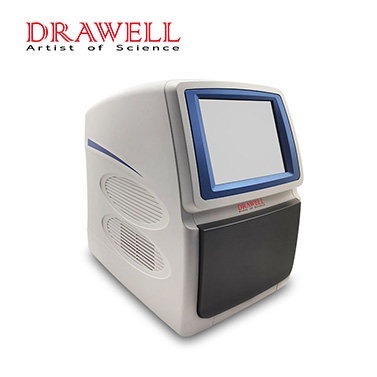
Purpose of DNA Amplification Using Polymerase Chain Reaction (PCR)
One of the basic goals of polymerase chain reaction (PCR) is to amplify a specific DNA fragment. Researchers can use this amplification to make millions to billions of copies of a particular DNA sequence from a little amount of starting material. DNA amplification is required for downstream applications that require vast amounts of DNA, such as DNA sequencing, cloning, and genetic analysis.
Purpose of Genetic Research Using Polymerase Chain Reaction (PCR)
Polymerase chain reaction is important in genetic research because it allows for the study of genes and their activities. Scientists can use PCR to amplify specific DNA regions of interest, allowing them to isolate and examine genes linked to a variety of features, diseases, and genetic disorders. PCR also allows for the analysis of genetic variants, mutations, and gene expression patterns, resulting in a better knowledge of genetic and genomic pathway.

Purpose of Medical Diagnostics Using Polymerase Chain Reaction (PCR)
The polymerase chain reaction (PCR) has transformed medical diagnostics by providing a highly sensitive and specific tool for detecting and diagnosing diseases. In molecular diagnostics, PCR-based techniques are commonly employed to identify infectious pathogens, genetic abnormalities, and malignant alterations. By amplifying specific DNA sequences related to diseases, PCR allows for the detection of pathogens, identification of genetic markers, and analysis of patient samples for personalized medicine. PCR-based tests, such as Polymerase Chain Reaction-Restriction Fragment Length Polymorphism (PCR-RFLP) and Real-Time PCR, have become essential tools in clinical laboratories for diagnosing diseases and monitoring treatment efficacy.
Purpose of Forensic Analysis Using Polymerase Chain Reaction (PCR)
PCR has had a significant impact on forensic science, particularly in DNA profiling and identification. By amplifying specific regions of DNA, forensic scientists can obtain sufficient DNA material from crime scene samples, even when only trace amounts are present. PCR-based techniques, such as Short Tandem Repeat (STR) analysis, are the gold standard for DNA profiling in forensic investigations. These techniques allow for the comparison of DNA profiles from crime scene samples with those of potential suspects, aiding in the identification of individuals involved in criminal activities.
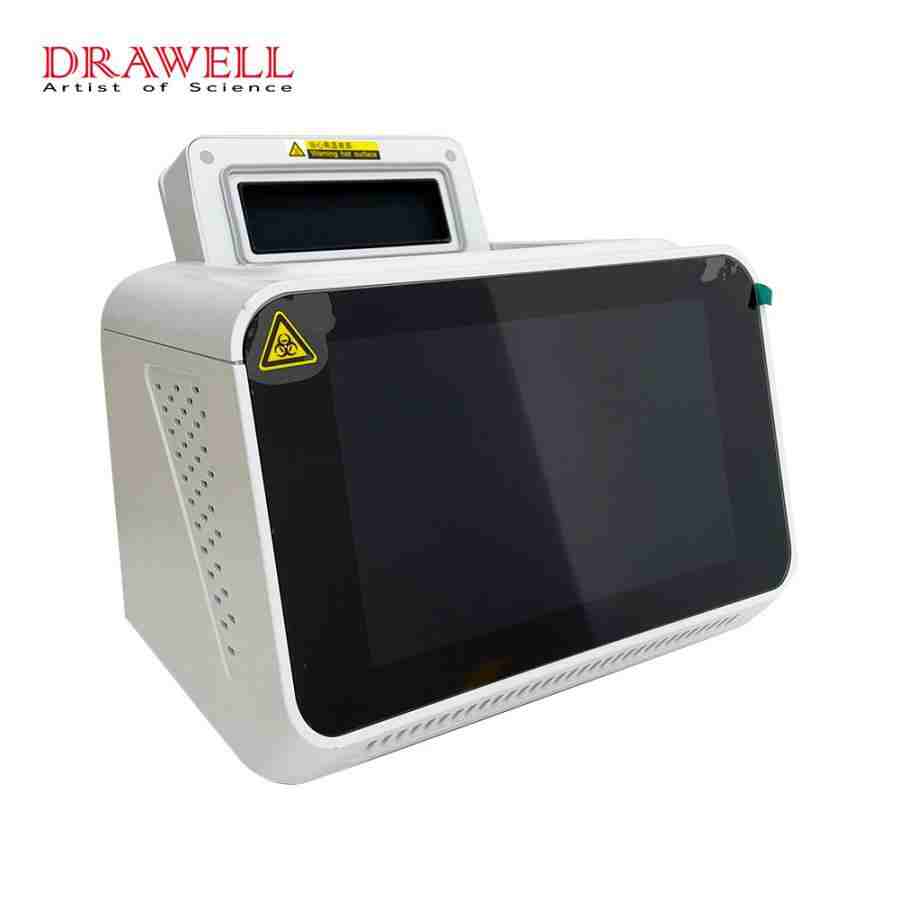
Purpose of Environmental Studies Using Polymerase Chain Reaction (PCR)
The use of polymerase chain reaction (PCR) has had a profound impact on forensic research, particularly in DNA profiling and identification. Forensic experts can get adequate DNA material from crime scene samples by amplifying certain sections of DNA, even when only tiny amounts are available. In forensic investigations, PCR-based techniques such as Short Tandem Repeat (STR) analysis are the gold standard for DNA profiling. These approaches enable the comparison of DNA profiles from crime scene samples with those of prospective suspects, assisting in the identification of criminals.
Purpose of Evolutionary Biology Using Polymerase Chain Reaction (PCR)
Polymerase chain reaction (PCR) has transformed evolutionary biology by allowing for the amplification and analysis of ancient DNA. Scientists can extract DNA from ancient specimens such as fossils or preserved bones and then use polymerase chain reaction (PCR) to amplify specific regions of interest. This amplification enables the investigation of evolutionary links, genetic variants, and ancestral genome reconstruction.
Purpose of Agricultural and Food Sciences Using Polymerase Chain Reaction (PCR)
PCR is essential in agriculture and food sciences. It is capable to detecting genetically modified organisms (GMOs), identifying plant or animal diseases, and determining food authenticity. Quantitative PCR, for example, is used to quantify gene expression levels, monitor crop quality, and maintain the safety and integrity of the food supply chain.

Purpose of Microbiology and Infectious Diseases Using Polymerase Chain Reaction(PCR)
PCR has made tremendous advances in microbiology and infectious disease studies. It enables the rapid and reliable detection of bacterial, viral, and fungal pathogens, which aids in the diagnosis and treatment of infectious disorders. Polymerase Chain Reaction-DNA Sequencing (PCR-Seq) tests, for example, allow for the identification and characterization of microbial species, the detection of antibiotic resistance genes, and the monitoring of disease outbreaks.
Purpose of Pharmacogenomics and Personalized Medicine Using Polymerase Chain Reaction (PCR)
The polymerase chain reaction has relevance in pharmacogenomics, the study of how a person’s genetic composition effects their response to medications. PCR allows the detection of genetic variants linked with medication metabolism, effectiveness, and adverse effects by amplifying and analyzing specific DNA regions. This information can be used to tailor drug treatments to an individual’s genetic profile, leading to more effective and personalized medical interventions.
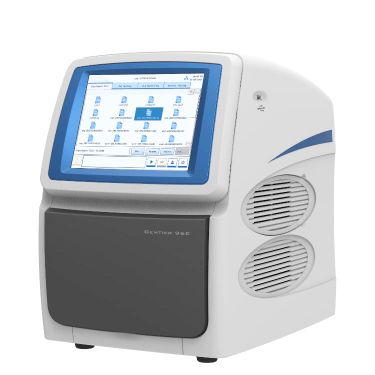
Purpose of Research and Development Using Polymerase Chain Reaction (PCR)
Polymerase chain reaction (PCR) is a vital tool in research and development across a wide range of scientific disciplines. It enables scientists to manufacture particular DNA fragments for cloning, mutant DNA sequences for functional investigations, and recombinant DNA molecules. PCR-based approaches, such as site-directed mutagenesis and overlapping PCR, allow for the creation of precise genetic alterations that aid in the study of gene function and protein structure.
Summary
Polymerase chain reaction (PCR) is a transformative technique in molecular biology With a varieties of applications. PCR allows researchers to amplify DNA regions of interest, providing them with a massive amount of genetic material for additional examination and experimentation. Polymerase chain reaction, with its versatility and wide-ranging uses, continues to drive scientific discoveries, resulting in breakthroughs in a variety of industries.

